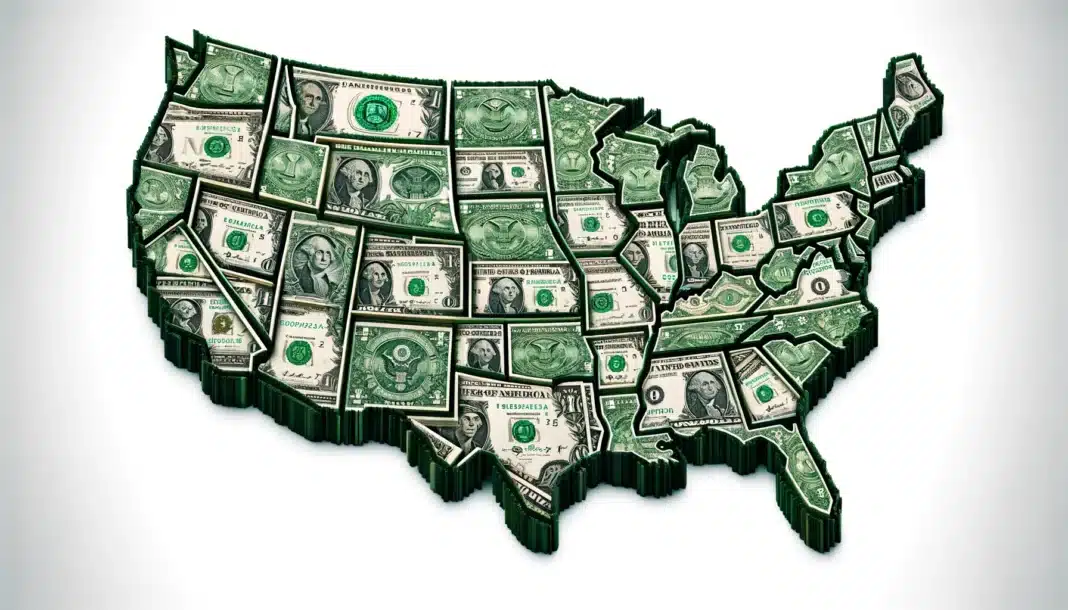A Chinese tech billionaire with links to the government has secretly acquired 280,000 hectares of North American forests and is leading a charge by overseas interests to buy up forest land for timber production and carbon capture.
The findings come from the latest edition of The Land Report, with Tianqiao Chen, founder of Chinese online gaming giant Shanda Interactive Entertainment, the second-largest “foreign owner of North American lands” and the largest owner of a single forest in the US.
It comes amid a surging demand for “natural capital” investments. Last week, Wood Central reported that asset managers are scrambling to access forestry, agriculture, timber, and carbon-credit-based assets as part of a shift to a green economy.

According to the report, the land interests include Bull Springs (Oregan), with planted Ponderosa pine being harvested and converted into 22,000 cubic metres of MBF board – one of North America’s largest MDF-producing forests.
Foreign ownership of US land has become a sensitive political issue in recent years – especially with the influx of lands acquired by Chinese nationals with links to the government.
Last year, Wood Central revealed that China has emerged as the world’s manufacturing black box for forest products, with more than 30% of the global supply chains of timber products entering the Chinese supply chains.
In November last year, Paper Excellence, connected to the Indonesian-Chinese conglomerate Asia Pulp and Paper (APP), attracted interest after securing 40 pulp and paper mills across Canada and the US.
According to the most recent data obtained by the US Department of Agriculture, more than 16 million hectares of US-based agricultural land were owned by non-USA citizens, with Chinese entities controlling at least 0.03% of all US private forest and farmland.
In response, lawmakers have pushed national rules restricting foreign investment in American agricultural property.
Last year, the US Senate voted but ultimately failed to pass laws that would have banned the sale of farmland beyond a certain acreage or value to people or businesses from China, Russia, Iran and North Korea. Nonetheless, almost half of all US states have restrictions on foreign ownership.
A native of Zhejiang Province, Mr Chen started an online gaming company, Shanda Interactive, in 1999. Within five years, it had become one of China’s largest internet companies, with a listing on the Nasdaq exchange following in the years after.
Mr Chen then took the company private in 2012 and moved his holding group’s headquarters from China to Singapore.
According to Shanda’s website, his investments span public and private equities, venture capital and real estate. He and his wife, Chrissy Luo, donated an initial $115 million to fund the Tianqiao and Chrissy Chen Institute for Neuroscience at the California Institute of Technology in 2016 to advance understanding of the brain.
In recent years, ultra-wealthy investors seeking an inflation hedge and uncorrelated assets have increasingly flocked to farmland and other rural properties. The USDA shows that the average value of US cropland jumped 8.1% last year and has risen by more than a third since 2020.
The country’s most prominent landowner is the Emmerson family, owners of timberland empire Sierra Pacific Industries, followed by billionaires John Malone, Ted Turner and Stan Kroenke.






